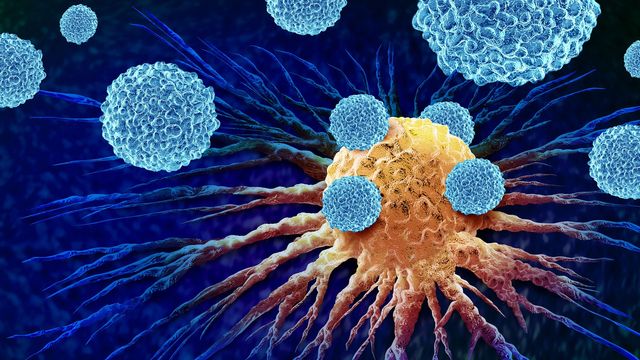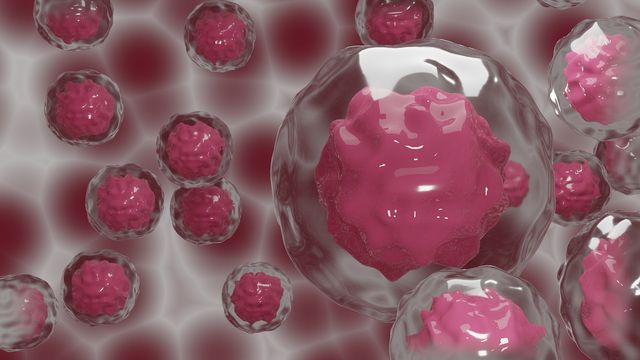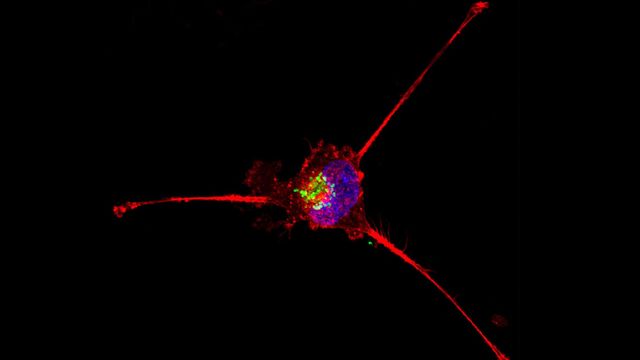News

News
New Technique May Reveal Repurposing Potential for Existing Drugs
A new technique may help reveal unknown benefits of existing drugs, according to a new study. The new approach, called decryptE, could help identify new applications for already approved drugs and take steps toward precision medicine.

News
Manuka Honey Reduces Breast Tumor Growth in Animal Model, Preliminary Study Finds
A new study suggests that Manuka honey could potentially be an alternative, natural option for breast cancer prevention and treatment.
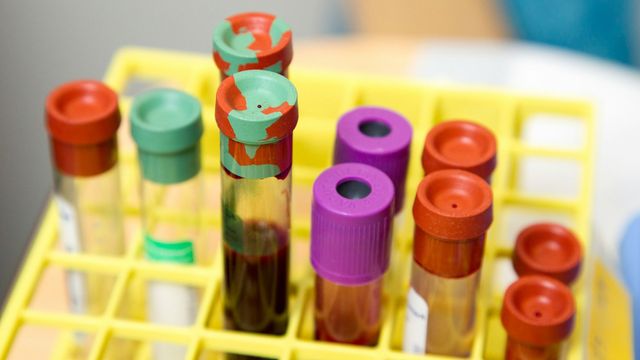
News
Patients at High Risk for Esophageal Cancer Identified With New Test
A novel test could give gastroenterologists insight into which patients with Barrett’s esophagus are likely to develop esophageal cancer.
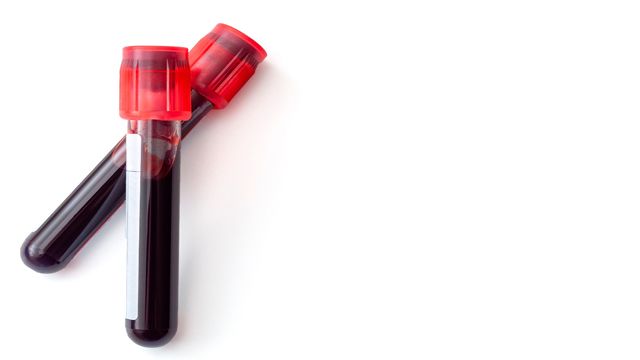
News
Blood Nanoparticles With Potential To Transform Cancer Diagnosis Discovered
Researchers found a new class of RNA in blood nanoparticles, potentially paving the way for less invasive cancer diagnosis. They used next-generation RNA sequencing and other innovative tools to develop a cost-effective liquid biopsy test.

News
AI With Colonoscopies Shows Greater Efficiency Detecting Early Colon Cancer
A successful trial has used AI in colonoscopies to spot abnormalities potentially leading to bowel cancer.

News
X-Ray Irradiation Helps Control Cancer-Causing Poison in Corn
Corn, a staple food crop consumed by billions of people and animals worldwide, is frequently contaminated by the fungal toxin aflatoxin B1, a highly potent carcinogen, but X-ray irradiation could help.
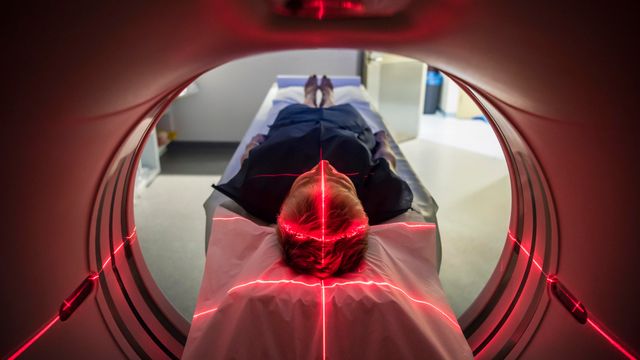
News
Radiotherapy Method Could Lower Doses for Some Cancer Patients
A special type of MRI scan where patients inhale 100% oxygen could result in lower radiotherapy doses for some cancer patients. The study could potentially benefit patients by using a technique called Oxygen-enhanced magnetic resonance imaging.
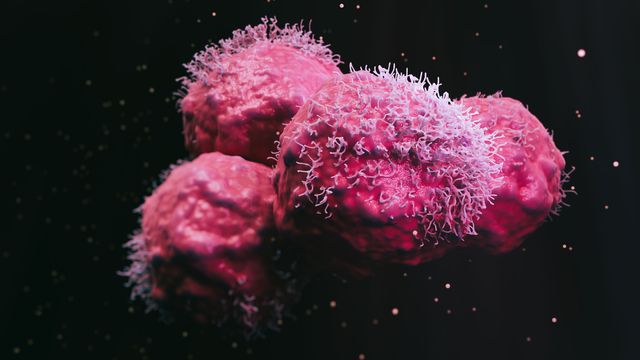
News
Study Suggests Way To Prevent or Delay Relapse for Hereditary Breast Cancer
PARP inhibitors have improved survival of breast cancer patients with BRCA1/2 mutations, but the drugs eventually stop working and the cancer returns. A new study in mice now suggests that a second cancer drug may be able to prevent or delay relapse.

News
Research Could Transform Acute Leukemia Diagnosis and Treatment
The identification of genetic changes in non-coding DNA that drive acute lymphoblastic leukemia could transform diagnosis and treatment.

News
Diet Is Main Risk Factor for Colon Cancer in Younger Adults
A new study has identified diet-derived metabolites, associated with red and processed meats, that drive young-onset colorectal cancer risk.
Advertisement
